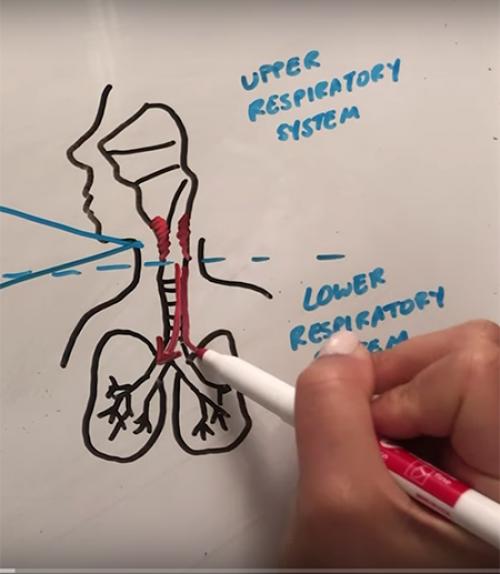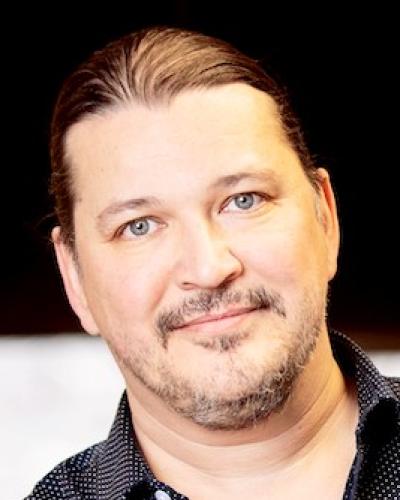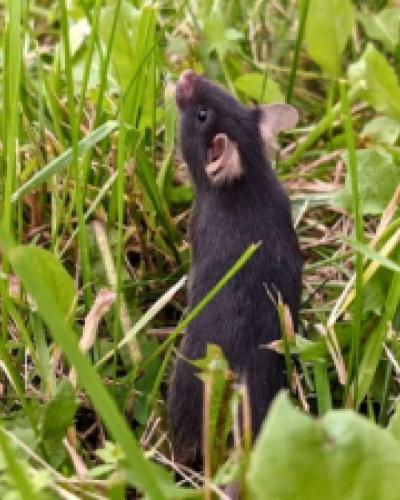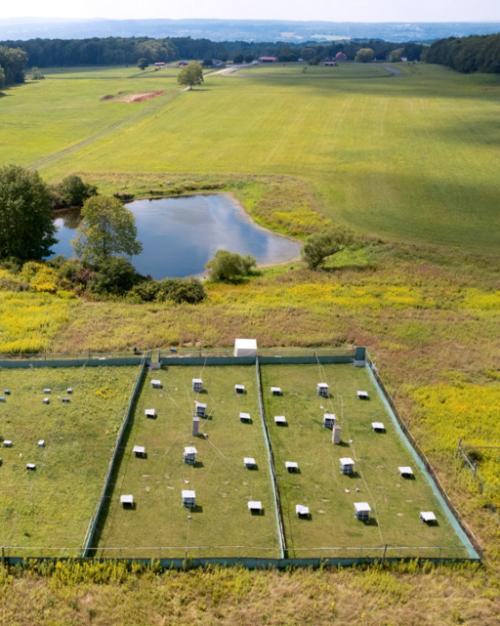 Department Homepage
Department Homepage
COVID video: ‘Things are a little less scary when you know more about them’
The video by Clara Liao '17 explains the basics of the virus, how it spreads and the importance of preventive measures.




